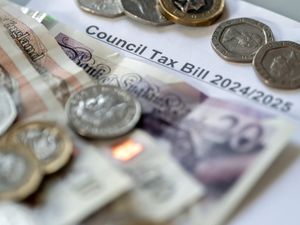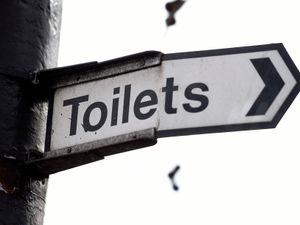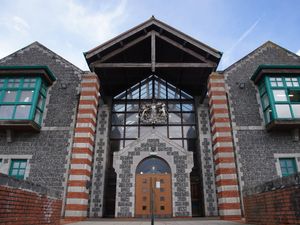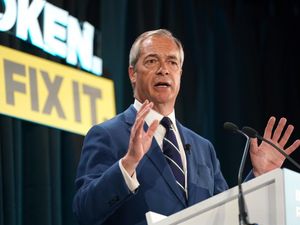Lowest earners ‘running out of options’ ahead of April bill hikes
Citizens Advice said those on the lowest incomes were ‘already stretched to breaking point’ even before ‘awful April’ bill rises take effect.

Households are bracing themselves for across-the-board increases to their bills, with those on the lowest incomes running out of options, a charity has warned.
Citizens Advice said those on the lowest incomes were “already stretched to breaking point” even before “awful April” sees price hikes on everything from energy to council tax.
Households in the lowest 10% for income were already spending around two fifths (41%) of their earnings – after housing – on water, energy, broadband and car insurance bills, according to a study into social tariffs by the charity in partnership with the Institute for Public Policy Research (IPPR), abrdn Financial Fairness Trust and Policy in Practice.
This compared to 11% for those on middle incomes, with those in the top 10% for income spending just 5%.
The study found single-adult households, and particularly those with children, were more likely than other groups to be spending 20% or more of their post-housing income on these bills, leaving them more exposed to price shocks.
The IPPR said well-targeted social tariffs and bill support schemes across water, energy, broadband and car insurance markets could save households hundreds of pounds a year.
If social tariffs reduced these essential bills by 25%, those in the lowest 10% for income could see savings of around £13 a week or £680 a year – the equivalent to a boost in income of around a tenth for a typical household in this group.
Citizens Advice chief executive Dame Clare Moriarty said: “After years of cost-of-living pressures, households across the country are about to feel the extra shock of rising essential bills. But for those on the lowest incomes, these unavoidable costs are already eating away at their finances, leaving their budgets stretched beyond breaking point.
“Social tariffs could be an effective safety net and put money back in people’s pockets, but the Government and providers must work together to make sure nobody struggling to make ends meet misses out.
“We want to see people eligible for bill support automatically enrolled to receive it. This change can’t come soon enough.”
Professor Ashwin Kumar, director of research and policy at IPPR, said: “Essential bills are leaving the lowest earners with little room to breathe and causing huge anxieties.
“Well-designed social tariffs and bill support – across water, energy, broadband and insurance markets – could save households hundreds of pounds a year and provide a vital lifeline to some of the most vulnerable people across the country.”
The research comes as energy bills for millions of households are to rise by 6.4% from April 1 when Ofgem increases its price cap for a third consecutive quarter, while water bills will increase by an average £123 per year – the largest hike since the industry was privatised in 1989.
Most councils in England are planning to hike council tax bills by 4.99% – the maximum amount permitted – next month, with some including Birmingham, Bradford, Newham, Somerset, Trafford and Windsor & Maidenhead having been granted special permission to go even higher.





